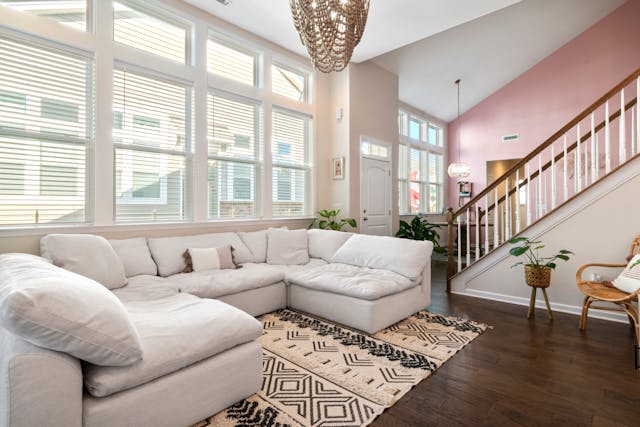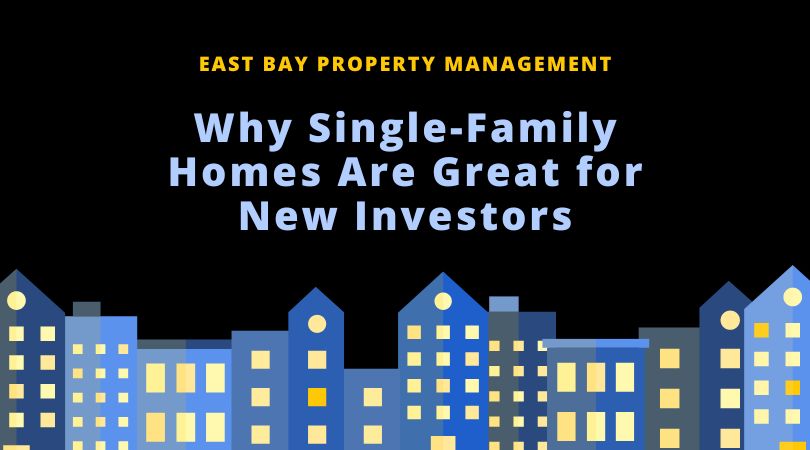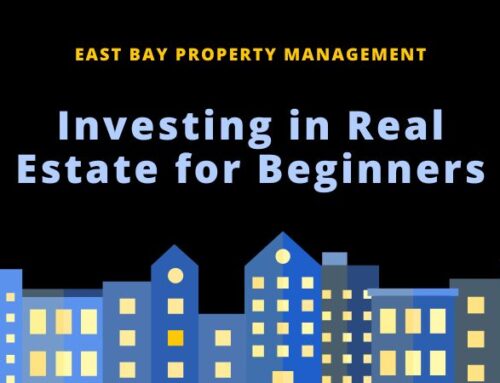Investing in real estate is a surefire way to achieve financial freedom. However, navigating the complexities of real estate investments can be challenging. Beginner investors often find themselves in a predicament when deciding where to put their money. After all, there are many different ways to invest in real estate, including the following:
- Investing in Rental Properties: Whether residential or commercial, rental properties provide a steady cash flow stream, along with property appreciation and tax benefits.
- Fixing-and-Fliping Properties: This involves buying distressed properties, renovating them, and then selling them for a higher profit.
- Investing in Vacation Rentals: By investing in vacation properties in popular tourist destinations, you can generate higher rental income.
- House Hacking: If you own a multifamily property, you can live in one unit and rent out the rest. This way, you can earn a steady passive income.
- Buying a Piece of Land: Because land is a finite resource, this type of investment tends to appreciate over time. Whether your end goal is to build your dream home, or you can sell to a developer, investing in land will lead to a high ROI.
- Investing in Real Estate Investment Trusts (REITs). Similar to mutual funds, this investment allows you to grow your wealth over the long term without actively managing a property.

Despite the many options, purchasing single-family homes is one of the most popular ways of investing in real estate. After all, single-family homes come with many benefits, including easier management and tax benefits. Keep reading to discover why single-family homes are a great investment, even if you’re a new investor!
What Are Single-Family Homes?
A single-family house is a residential property designed and intended to be occupied by a single household or family unit. It typically includes a single kitchen, living area, and several bedrooms and bathrooms. Other key characteristics of single-family houses include:
- Private Amenities: Residents have exclusive access to the amenities, including the yard, driveway, garage, and backyard space. This enhances the overall privacy and allows for more personalization options.
- Zoning: Many municipalities have zoning regulations that designate areas specifically for single-family housing, ensuring a cohesive neighborhood environment with similar housing types.
- Size: Single-family houses vary in size, from small cottages to expansive estates. However, the total living square footage is typically larger than those of condos and apartments.
The Benefits of Investing in Single-Family Homes
Purchasing a single-family home is a great way to make a smart investment. The benefits of investing in these types of properties include:

Consistent Rental Demand
Single-family homes are often the first choice for those seeking long-term housing solutions. This consistent demand provides investors with a reliable source of cash flow and a sense of stability, even in times of economic fluctuations.
Diverse Tenant Pool
Single-family homes attract a diverse tenant pool. This diversity highly reduces the risk of vacancies. By appealing to various demographics, investors can attract more potential tenants and ensure the long-term profitability of their investment.
Easier Financing
Financing single-family homes is often easier than multi-unit properties or commercial real estate. Typically, lenders offer more favorable terms, lower down payment requirements, and lower interest rates to investors looking to buy a single-family home. This makes it more accessible for new investors to purchase their first property.
Privacy and Independence
Unlike apartments or multi-family dwellings, single-family homes offer tenants privacy and independence. Given that most tenants value these qualities, investing in a single-family home can lead to longer lease terms, lower turnover rates, and enhanced property maintenance by tenants.
High Potential for Appreciation
Single-family homes tend to appreciate significantly over time, especially in desirable neighborhoods. This appreciation potential allows investors to build equity and realize capital gains upon property sale, contributing to long-term wealth accumulation.
Diversification
Purchasing a single-family home is a great way to diversify your investment portfolio. Real estate investments reduce the overall risk of a portfolio, mitigating potential losses from market-specific downturns and enhancing portfolio resilience.

Tax Benefits
Investors can benefit from various tax advantages when purchasing single-family homes. These include deductions for mortgage interest, property taxes, depreciation, and expenses related to property management and maintenance. These deductions reduce the overall tax liability and enhance the return on your investment.
Easier Management
Managing a single-family home is often easier than managing multi-unit properties. Given the size and maintenance needs of single-family homes, investors can handle property upkeep, tenant requests, and financial management on their own. This can help reduce operational costs significantly.
Potential for Short-Term Rentals
Nowadays, many tourists prefer to stay in a house rather than in a hotel. Single-family homes in vacation destinations or high-demand areas can be used for short-term rentals, such as Airbnb. This strategy can generate higher rental income during peak seasons or tourist influxes, maximizing investment returns.
Easier Resale
Selling a single-family home is generally easier and faster compared to multi-unit properties. The market for residential homes is typically more active, attracting a larger pool of potential buyers. This facilitates the sale process and ensures investors get a good ROI.
Hedge Against Inflation
Investing in single-family homes can be a profitable venture, even when interest rates are on the rise. As interest rates rise, so do the prices of homes. Moreover, investors can increase the value of their homes by investing in renovations and upgrades. This steady appreciation serves as a hedge against inflation, maintaining a good ROI over time.
Bottom Line
Purchasing a single-family home is a great way to begin investing in real estate. After all, these types of properties offer a wide range of advantages that align with most investors’ financial objectives and risk tolerance. Are you looking for a management firm in the East Bay area? Reach out to East Bay Property Management today. Over the years we’ve helped countless investors find the perfect home and we’re ready to help you too!






